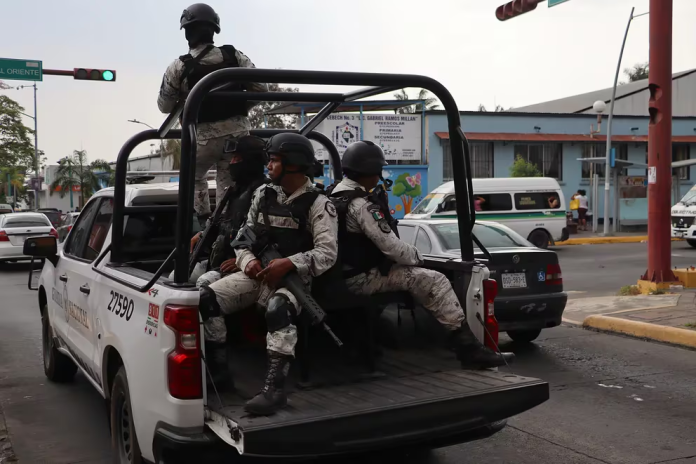Reports of armed men preventing Mexicans from voting, arson attacks, and a number of instances where the installation of polling sites failed or was delayed shook Mexico on Sunday as the nation gears up to elect over 20,000 public officials in this year’s elections.
Attacks against the Democratic Process
In the municipality of Coyomeapan, which is located in Mexico’s southern Puebla state, at least one person was killed and another was injured after hooded men entered polling sites and, according to locals, allegedly threatened violence under the orders of Clarisa Reyes, the Labor Party’s candidate for the region. Following these reports, a shooting broke out at one polling station, leading to the death of one civilian and the injury of another.
Blanca Yassahara Cruz García, President of the Electoral Institute of Puebla, chose to suspend voting at the polling site following the attack.
In Queretaro, men wearing face masks reportedly attempted to burn ballot boxes in at least four different polling locations, with one location being Bicentenario Primary School, where the men reportedly attempted to vandalize ballot boxes with the purpose of preventing citizens from voting. In one attack, the men can be seen pouring liquid into one of the ballot boxes; however, their attack proved unsuccessful as police arrived and the men fled. In another case, one man attempted to sabotage ballot boxes before being confronted by two bystanders. After the pair approached the man, he jumped over a fence and mounted a nearby motorcycle with another masked man. The pair did not get far, however, as a bystander quickly rear-ended the motorcycle, forcing the pair to flee on foot.
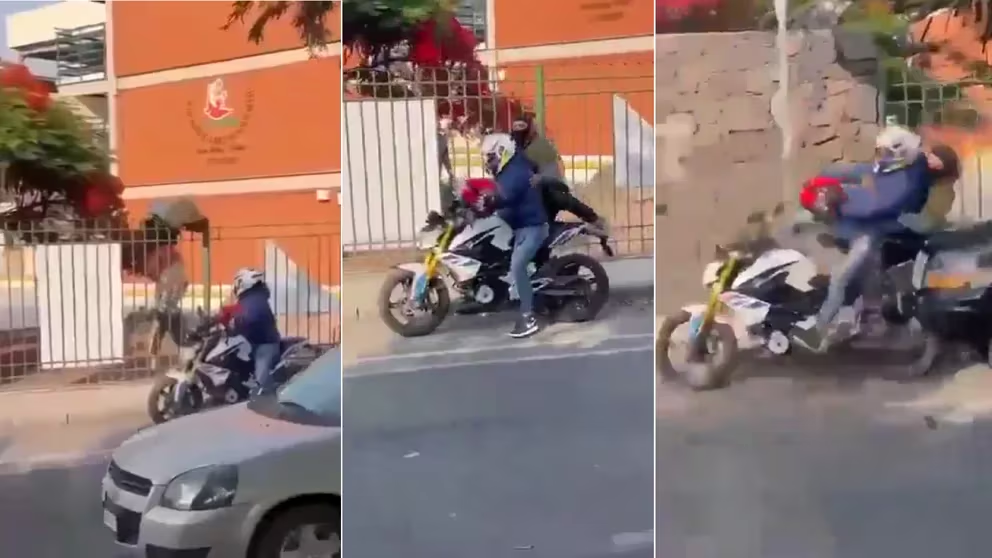
Two more unconfirmed reports have surfaced in the city; however, authorities have not confirmed such attacks, and there have been no reported injuries or casualties.
A bomb scare in Mexico City raised further concerns from those at the polls, with Al Jazeera reporting that those at the polling stations seemed skeptical of the threat.
In the state of Michoacan, one candidate by the name of Israel Delgado was reportedly murdered in his home hours before the election began.
The Associated Press reported that a man from Chiapas was kidnapped and beaten while voting, later reappearing heavily injured in another location.
In Cuautitlán Izcalli, a municipality in the state of Mexico, another alleged arson attack targeted a polling station at Wenceslao Labra Secondary School, as reported by Ultra Noticias Estado de Mexico.
These attacks on Mexico’s democratic process follow a string of political assassinations of key figures throughout the campaigning period. Since campaigning began, at least 749 instances of political violence have been reported by Integralia, a consulting firm that researches political risk in Mexico. At least 231 people were killed in these instances, while 34 of those killed were registered as political candidates. Other violent instances include kidnappings, intimidation, armed attacks, and assaults against civilians, former candidates, and their families.
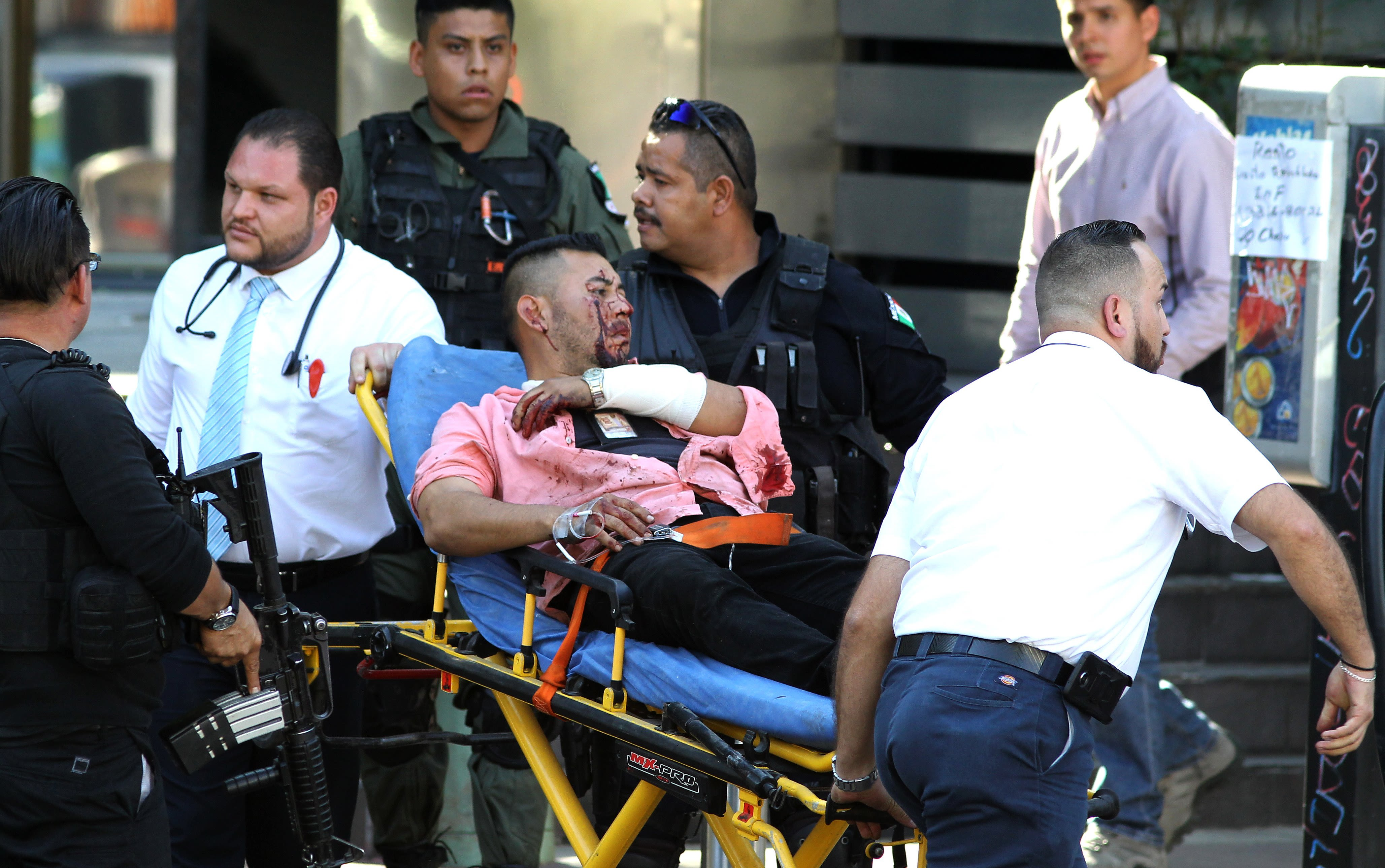
These attacks represent a 150 percent increase in political violence since the last elections in 2021, according to the same firm, making this year’s elections the most violent on record. This increase is likely due to the importance of this year’s election, with citizens heading to the polls to vote to fill over 20,000 political positions, including 628 representatives in both the higher and lower houses of Congress.
Mexico’s current president, Andres Manuel Lopez Obrador, who is ineligible to run for reelection due to the one-term limit for presidents, acknowledged in April that the various cartels active in Mexico have played a large part in the assassinations, seeking to control figures in power either through coercion or by organizing political campaigns for candidates that will support the cartels’ activities.
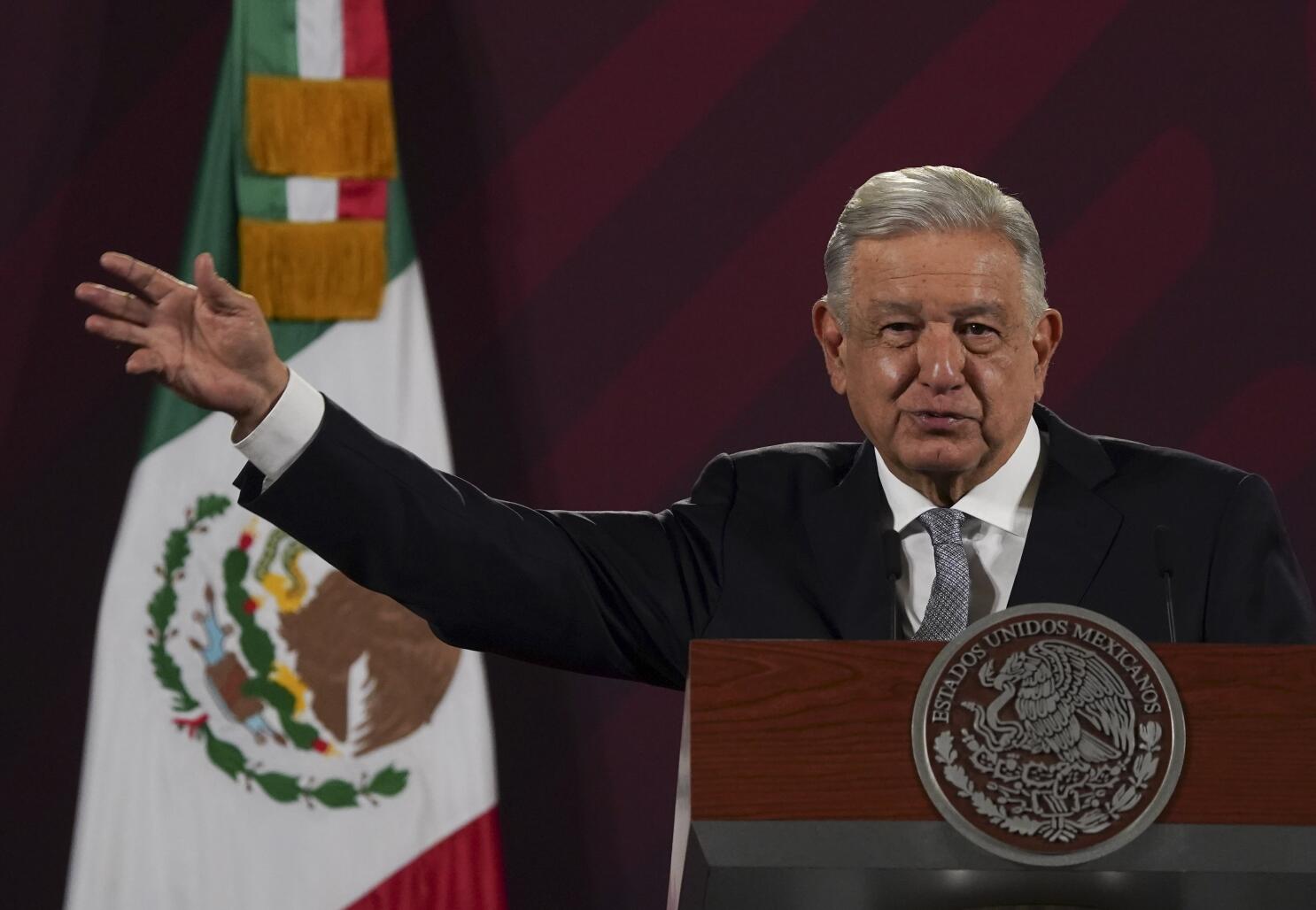
“They make an agreement and say, ‘This person is going to be mayor; we don’t want anyone else to register to run’, and anybody who does, well, they know [what to expect],” Obrador stated.
Delayed Installations
Officials reported a late opening for thousands of polling stations across Mexico, with 81.89 percent of the 140,000 polling stations having been installed by 11:05 local time, according to the National Electoral Institute (INE). One of the most notable locations suffering from delayed openings of polling stations is Mexico City, where, according to the Electoral Day Information System (SIJE), 40 percent of those employed to establish voting centers resigned, limiting authorities’ ability to establish polling centers. Voters across the country took to social media, complaining of long lines at the polls due to the delays, while others claimed that voters from other areas of their city went to their polling station so as not to have to wait.
In the state of Chiapas, the president and advisor of the Institute of Elections and Citizen Participation (IEPC), Maria Magdalena Vila Dominguez, announced that a number of polling stations were not installed throughout the state due to the instability and presence of armed groups. This announcement followed an attack against the Municipal Electoral Council of Chicomuselo on Friday, wherein the building was set aflame, resulting in the destruction of the electoral package that was set to be delivered to the INE that same day. Other than the attack, officials stated that they had received threats and reported the presence of armed individuals.
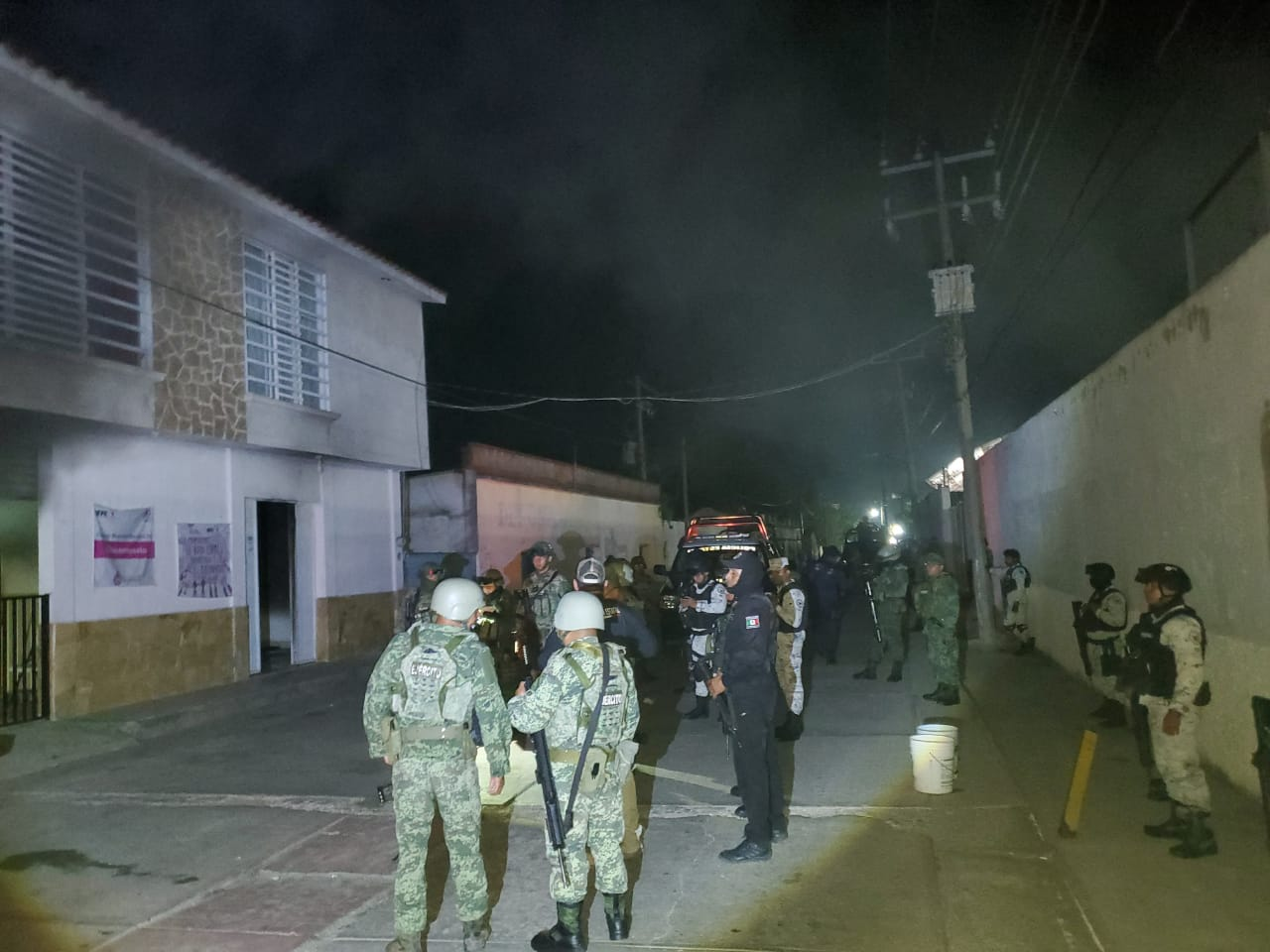
There are two major candidates for Mexico’s presidential election, both of whom are women, offering voters a chance to make national history through the election of the country’s first female president.
Currently leading in the polls is Morena candidate Claudia Sheinbaum, who is predicted to secure 51 percent of the national vote, according to a poll conducted by the Americas Society/Council of the Americas (AS/COA).
Sheinbaum’s main rival is Xochitl Galvez, who is running under Mexico’s leading opposition coalition, Strength and Heart for Mexico, which consists of some of the oldest political parties in the country, including the Institutional Revolutionary Party, which held power for 70 years until the 2000 general elections, which saw a victory for the conservative National Action Party, which is also a member of the coalition. The final member of the coalition is the liberal Party of the Democratic Revolution.
These historical rivals have banded together in order to stand a chance against Obrador’s popularity alongside his party’s majority in Congress, with Morena and their allies holding 276 seats of 500 in the Chamber of Deputies alongside the same coalition’s 74 of 128 senators. However, despite this historic alliance, it remains likely that the Morena party will continue to dominate in today’s election.

